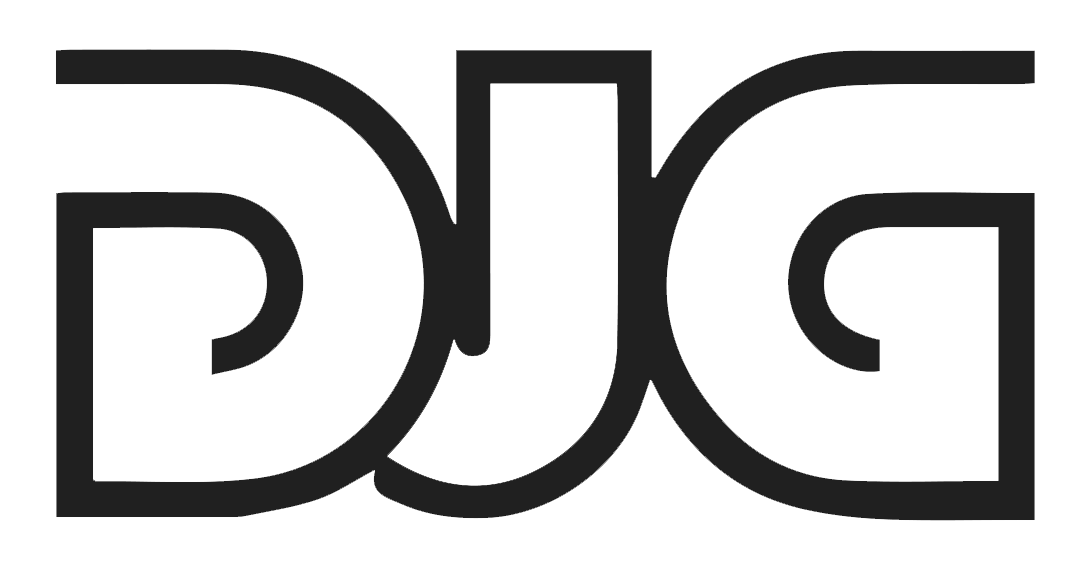Week One!
I have finally arrived at ITP! Which can only mean one thing, the greatest source of anxiety that’s worried me most about the prospect of studying here….it’s time to get down to business and learn to code already! Sure, I’ve paid for expensive codeecademey subscriptions and attended fancy workshops, but that wasn’t enough without a project driven course of study for my understanding of concepts to find much purchase. My last two summers at ITP Camp were illuminating, and gave me a glimpse behind the curtain of some brilliant projects. I was most struck by work of Allison Parish and her brilliant generative poetry bots on twitter, along with scores of other ITPer’s generative music programs built around twitter API or other such manipulations of data.
I know I hinted at this notion in my brief in-class introduction, but I see coding as inherently poetic. After all, it is linguistic, and capable of meaningful artistic output. Languages are the extension of our thoughts, the medium that enables all systems of communication. Marshall McLuhan would say that the wheel is the extension of our feet, the pen is an extension of our tongue, etc. So would that make computers the extensions of ourselves to, uhh you know, compute stuff?
My background is in music, poetry, and theater, which are rooted in ancient practices built around their own systems and programs across multiple forms of media (writing, speech, sound, etc), and they can be programmatic, featuring designations of values and measurements across arrays of pitches at fixed intervals or rhetorical metrical operations, Only within the past 700 years has western music notation been codified in its own pictorial language, as musicians are the computers dialing in and executing sonic output through their interface of expression, the instrument. Something about that connection gives me a sense of access in this technological space where I have every other reason to feel like an imposter.
As a writer and composer, I’ve developed countless systems that generate songs and compositions. I borrow some of these techniques from tabletop gaming, which my practice has entered into as a result, and integrate stochastic procedures with dice or coin flips into a series of musical, poetic, or narrative mechanics that make for a unique experience with every play. By the end of my devising, not only have I a brand new piece to develop, but I also have a new game which I bring into collaborative spaces for group play and cowriting. I am passionate about this intersection of gaming, play, and music— creating structural possibilities for people to access the potential of their own creativity. Looking ahead, I’ve been writing a musical that I hope to build into a VR branching narrative experience, replete with puzzles and hidden delights.
This past week’s headfirst plunge into p5 was satisfying, although I regret not having more time to practice and develop my Spongebob. I didn’t really intend to make a Spongebob. I’ve never even watched Spongebob! It sorta just happened as I was watching Coding Train videos and playing along, thank heavens one of the world’s most instantly recognizable icons is created entirely from simple geometric shapes. I originally had ambitions of creating a self portrait, or maybe even a cute puppy, but none of these subjects can be constructed simply from the 2-D shapes I’m slowly building confidence creating. So far I am troubled by arcs and my heart sunk to the pit of my stomach at the sight of the word “radians”,even dealing with my first sighting of "PI” in over a decade is no picnic either. I know these concepts are within my grasp, I’m still shaking off the techno-anxiety that’s hitherto been a barrier to my own potential for creativity and meaningful output. Here’s to a fantastic few months of growth!
P.S. This is really fun :)
